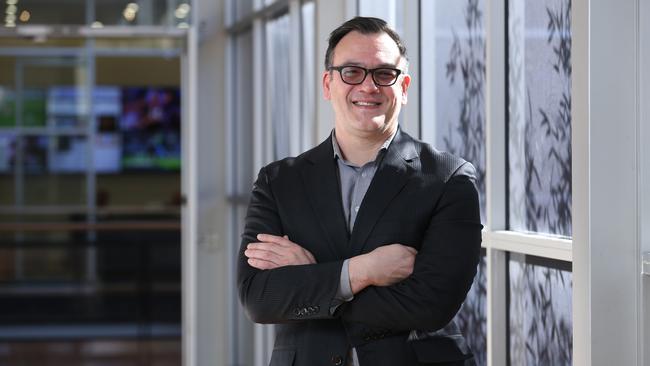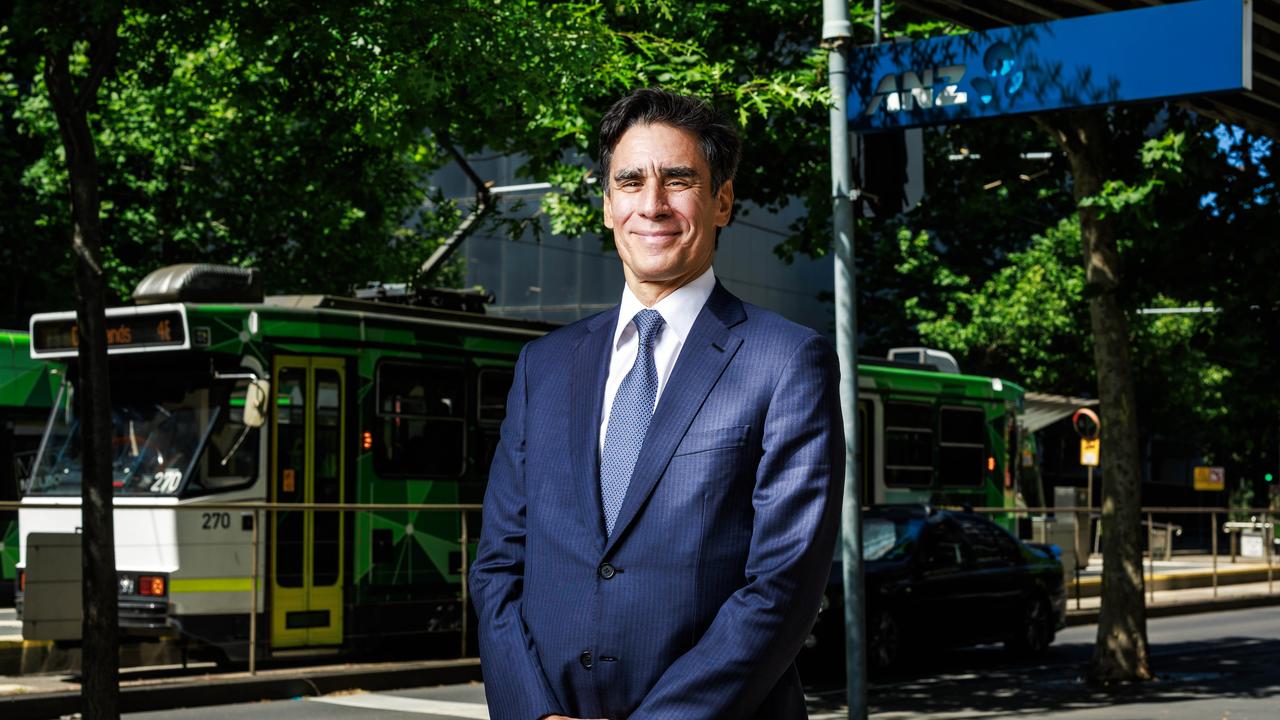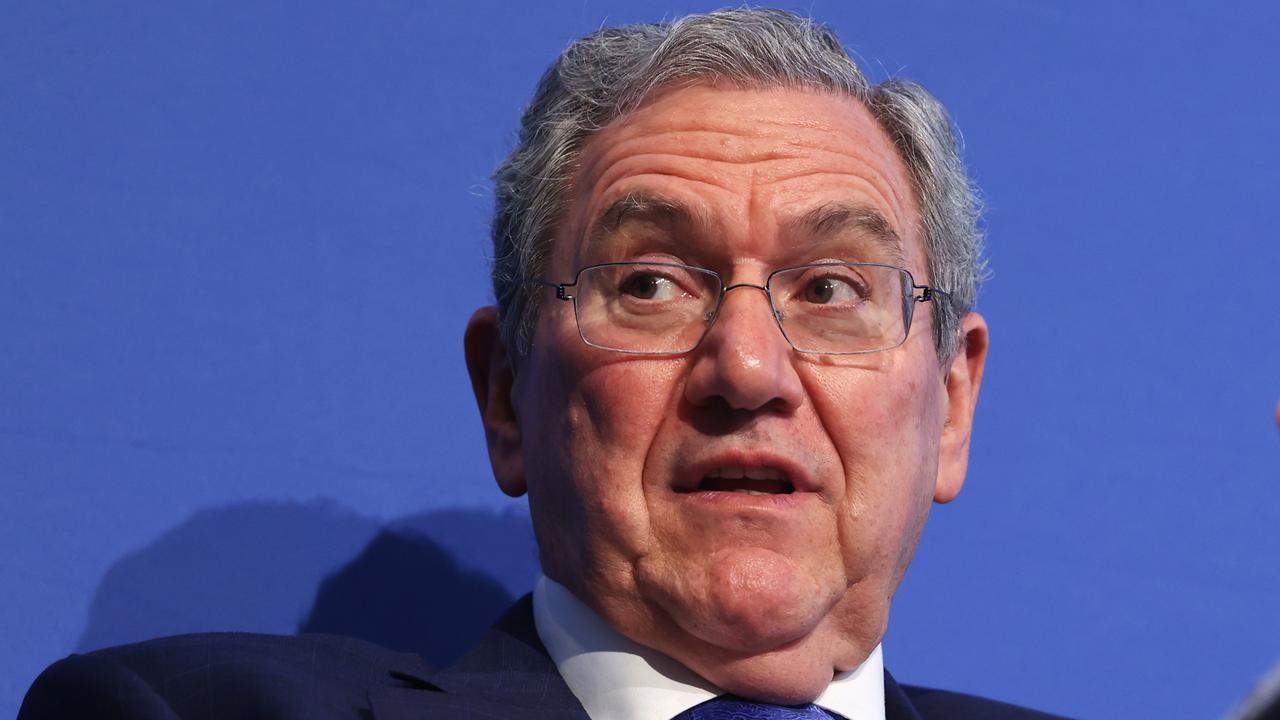Super funds voice concerns over reaching 2030 green targets
The superannuation industry can band together to help take action in addressing ‘the thorny problem’ of climate change, one of the biggest funds says.

Big super funds have raised concern over Australia hitting its 2030 green targets and called for the $3.54 trillion superannuation industry to band together to combat climate change more effectively.
Ian Patrick, chief investment officer at the nation’s second-largest super fund, the $260bn Australian Retirement Trust, noted that there was general concern about reaching the targets.
“There are many experts who’ve pointed to the fact that there is going to be a challenge,” Mr Patrick told The Australian.
“We don’t have the pace of buildout to be on track and the further we get behind in that deployment the harder it is to catch up.
“We haven’t done the modelling for Australia overall, but there are sufficient authoritative sources to point to that.”
Speaking on the sidelines of an Australian Institute of Superannuation Trustees conference for the $1.9 trillion profit-to-member super sector, Mr Patrick said the industry could help address “the thorny problem” of climate change by adopting a collective approach.
“What will be an important factor is the ability to harness capital as a collective and do so in a way that allows government, which has to play a part in almost any element of investing in the transition, to work with a unified stakeholder voice.”
He said that could include identifying a risk, such as the construction risk of an extended grid, that could not be assumed by profit-to-member super funds due to their obligation to deliver financial returns to members, and finding a way to pass that risk on to a more appropriate investor.
“If we collectively represent a consistent unified voice, it will be easier to get some of these really big thorny problems sorted, versus each looking individually to either address those issues or alternatively decide those are too hard, and go and look for the next technology innovation which puts no sizeable capital then into the really big problems like the grid or green hydrogen or whatever it happens to be,” he said.

Mr Patrick said there was already a lot of engagement within the industry through bodies such as the Investor Group on Climate Change, which counts more than 100 institutional investors, including super fund and asset managers in Australia and New Zealand as its members.
Kristian Fok, chief executive of the $87bn Cbus Super, also said he believed Australia was at risk of missing its 2030 emissions reduction targets.
“On one element I think there’s certainly a risk, and a risk also that if it’s not done well, you don’t bring people along and you get the political pushback,” Mr Fok told The Australian on the sidelines of the Maroochydore conference.
“The flipside is that technology is changing rapidly. The cost of the things that we need to do is declining; batteries are getting cheaper and more reliable.”
Mr Fok, who is also chair of the Australian Sustainable Finance Institute, said “the whole globe has started quite late” in responding to climate change, but pointed to opportunities for the super industry to be part of the solution.
“Sometimes there’s actually quite a lot of money flowing into it so it may be that it’s not us that plays in certain areas but there may be other areas that are related,” he said.
“For instance simple things like copper are going to be in high demand, rare earth minerals, so there may be roles that we can play there and we’ll certainly look at some of those long-term thematics.
“We’re trying to be as broad with our thinking around the thematic and look at as many ways that we might be able to play it, rather than just investing in wind farms or solar, although we do also actively look at that space as well.”
Mr Patrick said each year of inaction made it harder to achieve decarbonisation.
Under the Paris Agreement, Australia has committed to reducing greenhouse gas emissions by 43 per cent below 2005 levels by 2030 and to net zero emissions by 2050.
In a speech focused on climate change on Tuesday night, incoming Reserve Bank governor Michele Bullock said more intense weather events and higher average temperatures were likely to reduce the value of some assets and income streams.
Lucian Peppelenbos, climate and biodiversity strategist at international asset manager Robeco, said instead of investing in green assets such as windmills, solar and batteries, the super industry should be investing in the transition to net zero emissions.
“The big opportunity for investment is not so much the green assets themselves but rather the transition, and that is a whole economy transition: it is power, it is industry, it’s transport, it’s food, it’s buildings, it’s all of it,” he told the AIST’s superannuation investment conference.






To join the conversation, please log in. Don't have an account? Register
Join the conversation, you are commenting as Logout